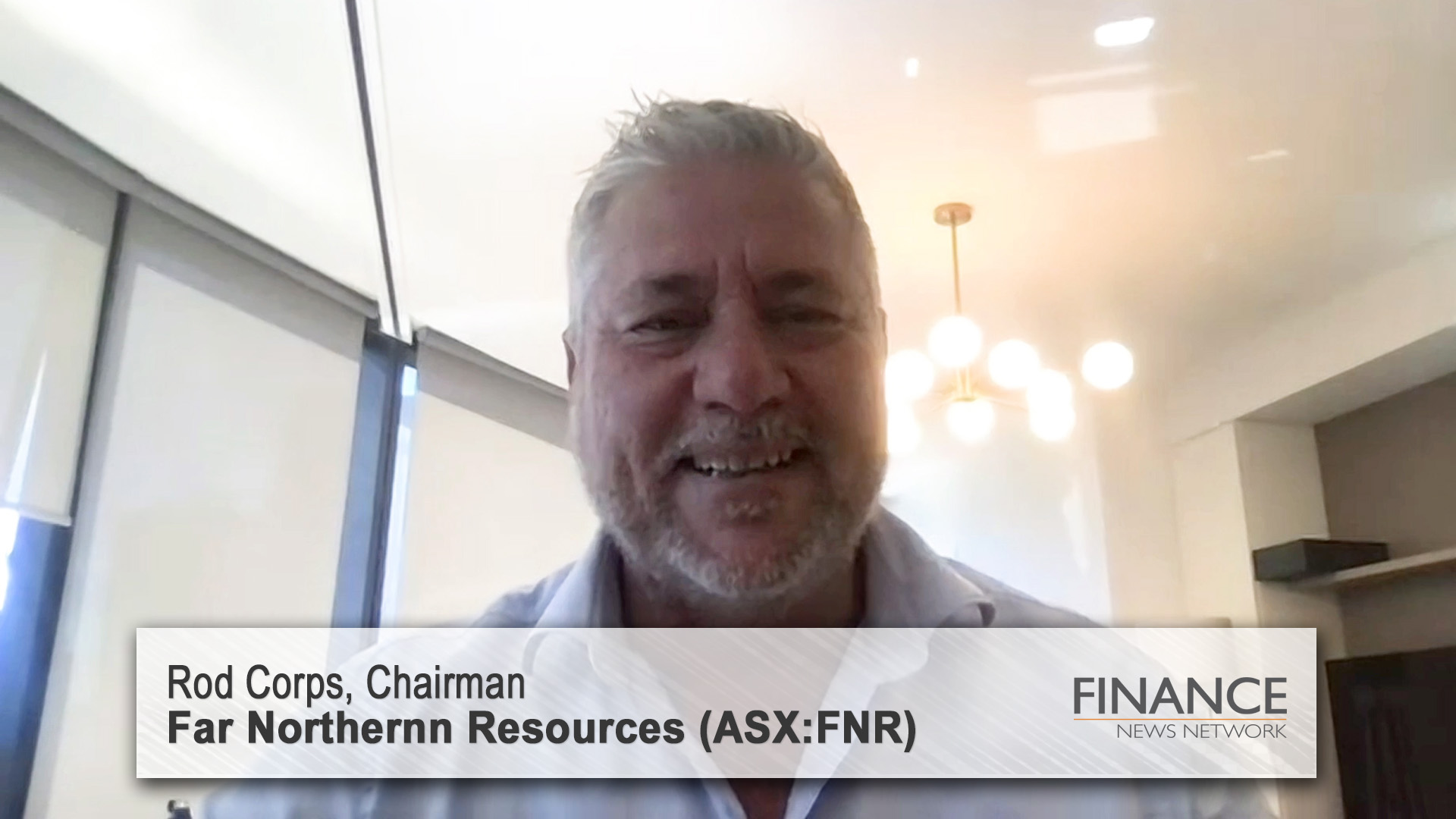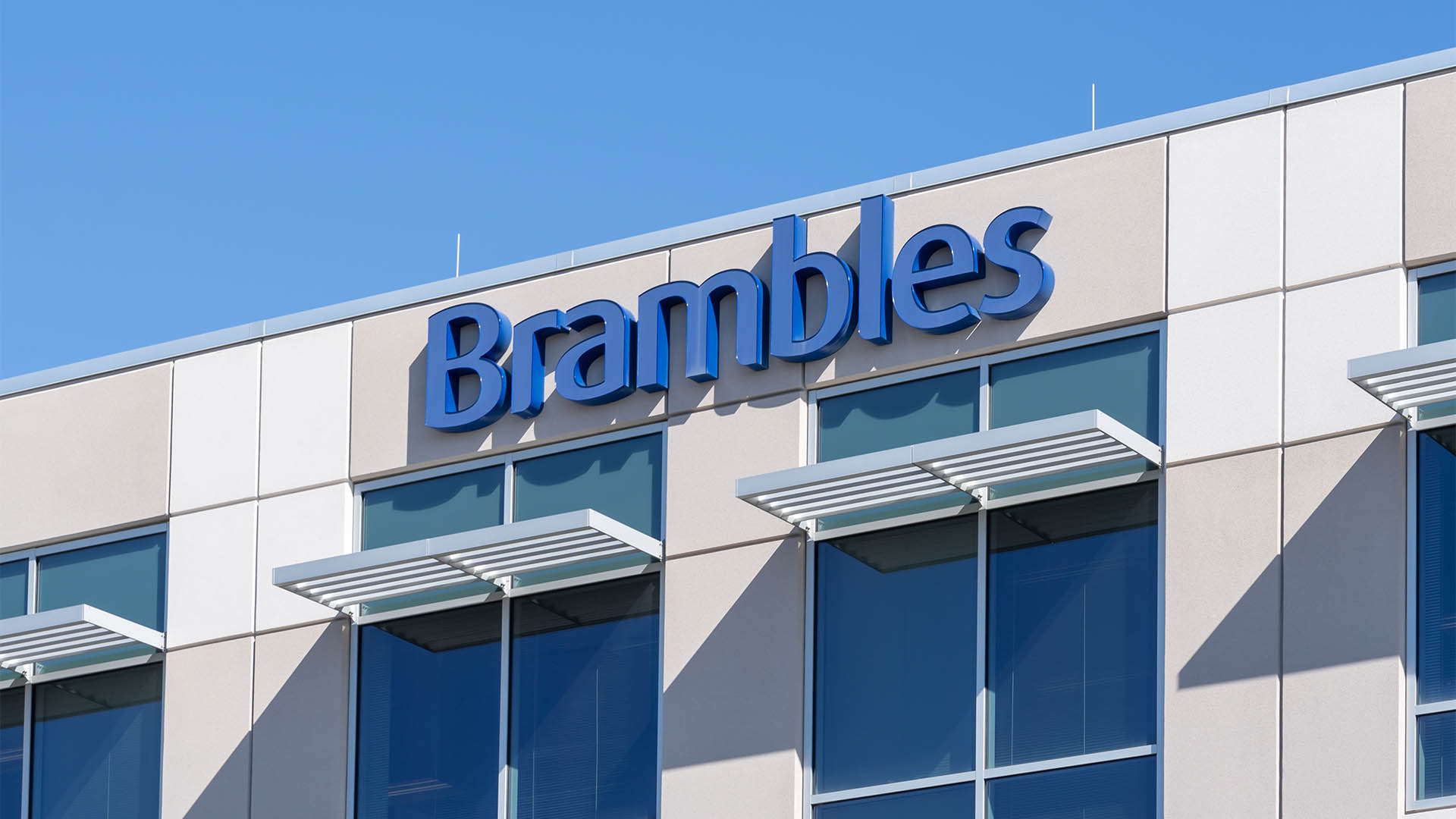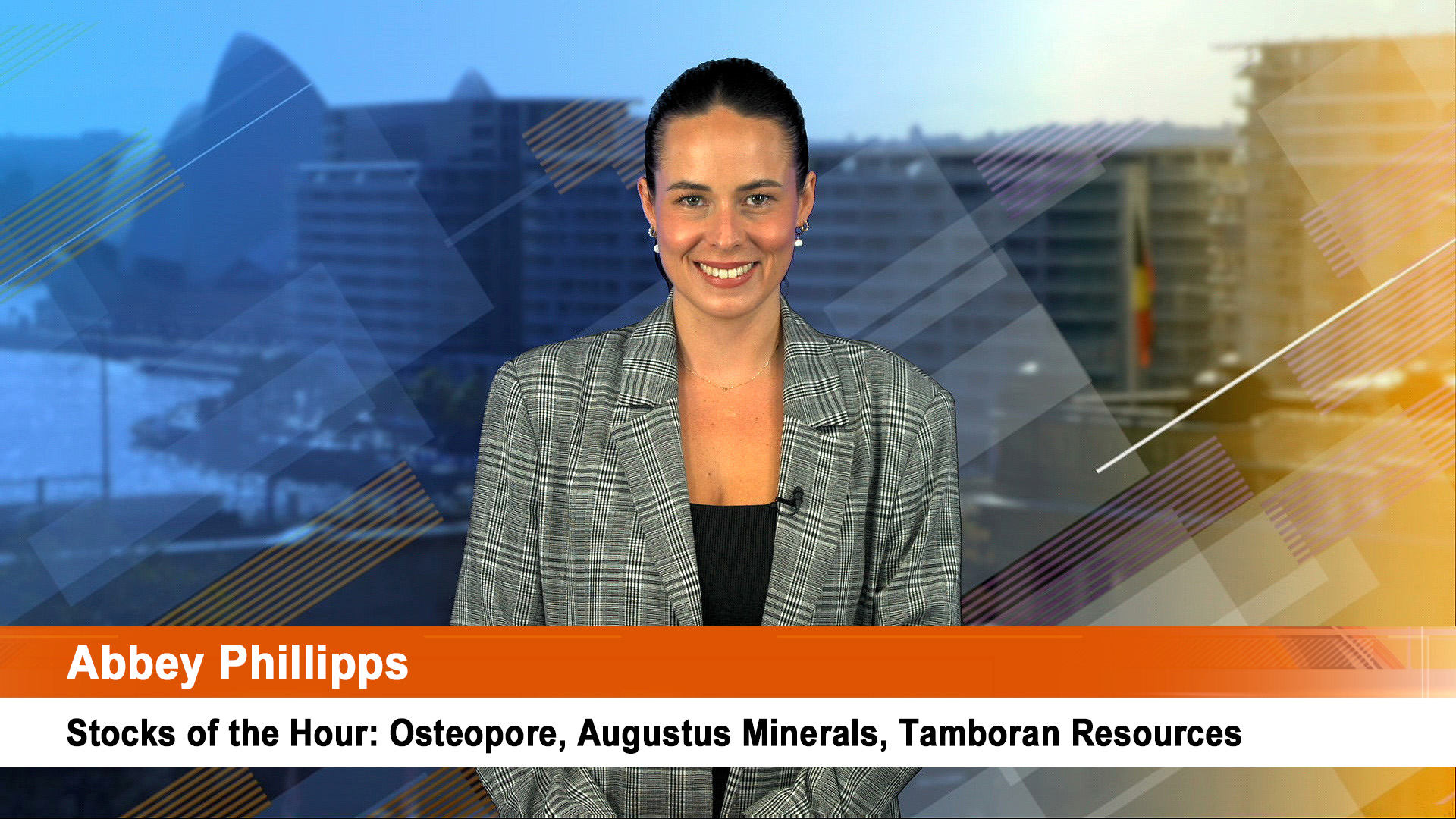An essentially meaningless interim result yesterday from the country’s newest listed retailer, Coles Group thanks to the spin-off from Wesfarmers and the impact on the company’s management, sales, and costs.
The release shows that Coles’ comparable sales growth slowed in the final months of last year, as the boost earlier in the year from its Little Shop toy giveaway faded.
After growing at 5.1% in the September quarter, Coles said yesterday that its comparable (like-for-like) sales growth slowed to just 1.3% in the second quarter.
Coles shares lost 4% to $12.08.
It was the retailer’s first result as a standalone company since being taken over by Wesfarmers in 2007. The results were also the first since the spin-off last November by Wesfarmers (which reports its first-half figures tomorrow – Thursday).
Coles reported a net profit after tax of $381 million for the six months to December 31 – down 29% from the same period a year earlier.
Including discontinued operations, as a result of the demerger, net profit was down 14% to $738 million.
Group sales rose 2.6% in the half year to $20.867 billion on what it’s calling a ‘retail calendar basis’ rather than the Gregorian calendar basis (June 30 and December 31 balance dates as before). A retail calendar reporting period is 52 (based on 27 weeks in the first half and 25 weeks in the second half or 53 weeks where there are 27 weeks in the first half and 26 weeks in the second with the year ending on the last Sunday in June – 2018-19 is a 53 week year and because the 2017-18 figures have not been restated, the sales data and the earnings data for the current financial year are not really comparable, but indicative.
The change was revealed in the prospectus for the spin-off from Wesfarmers and confirmed in the January earnings date announcement in January.
Coles chief executive Steven Cain said the result was “solid” considering the challenging retail environment, and that the supermarket was laying the foundations for long-term growth.
“We have delivered strong cash generation and we have a robust balance sheet which will enable us to reposition the business in the years ahead,” he said in a brief statement with yesterday’s results.
Coles, which has promised a shareholder payout ratio of 80% to 90%, said it would not pay a dividend, with its earnings up to November 27 being reflected in Wesfarmers’ first-half dividend due to be revealed in tomorrow’s release from that company.












